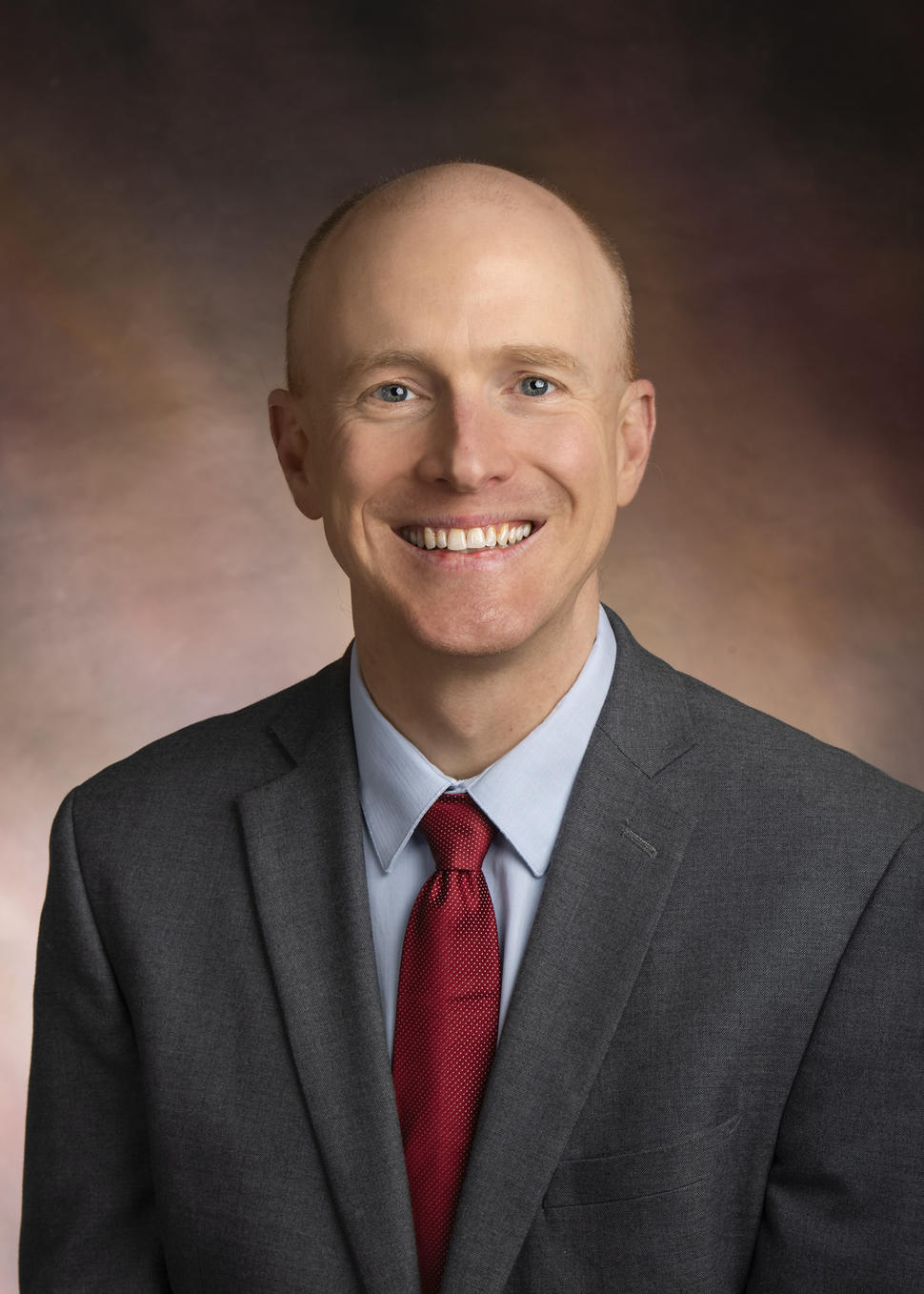- Head, Developmental Therapeutics Program and Very Rare Malignant Tumors Program, Children’s Hospital of Philadelphia
- Chair, Children’s Oncology Group Rare Tumors Committee
For families grappling with a rare childhood cancer, treatment breakthroughs could mean the difference between despair and hope. As a pediatric oncologist conducting early phase clinical trials of new treatments for kids with hard-to-treat cancers, Dr. Theodore (Ted) Laetsch knows this well. In addition to being head of the Developmental Therapeutics Program and Very Rare Malignant Tumors Program at the Children’s Hospital of Philadelphia, Ted is also chair of the Children’s Oncology Group Rare Tumors Committee.
“Many rare childhood cancers are understudied or not studied at all,” he said, and there’s a critical need for comprehensive, real-world data to further understand how these cancers behave and how best to treat them. The Molecular Characterization Initiative (MCI) is one way CCDI is meeting this need. “MCI has enabled comprehensive profiling of thousands of children with cancer—more than 600 with very rare cancers, many of which have never been studied,” said Ted. Participants benefit from testing that helps identify treatment options, including clinical trial participation. Also, for about a quarter of participants with rare tumors, “we’ve identified a cancer predisposition syndrome, enabling screening of participants and family members to try and detect cancer earlier when outcomes are better.”
The soon-to-launch CCDI Pediatric, Adolescent, and Young Adult Rare Cancer Study has further potential to expand this success to tumor types not currently served by existing registries. “We are just beginning to see all the impact these data may have,” said Ted, envisioning a future where data insights lead to early detection and tailored therapies that can transform outcomes for all young people with cancer.
